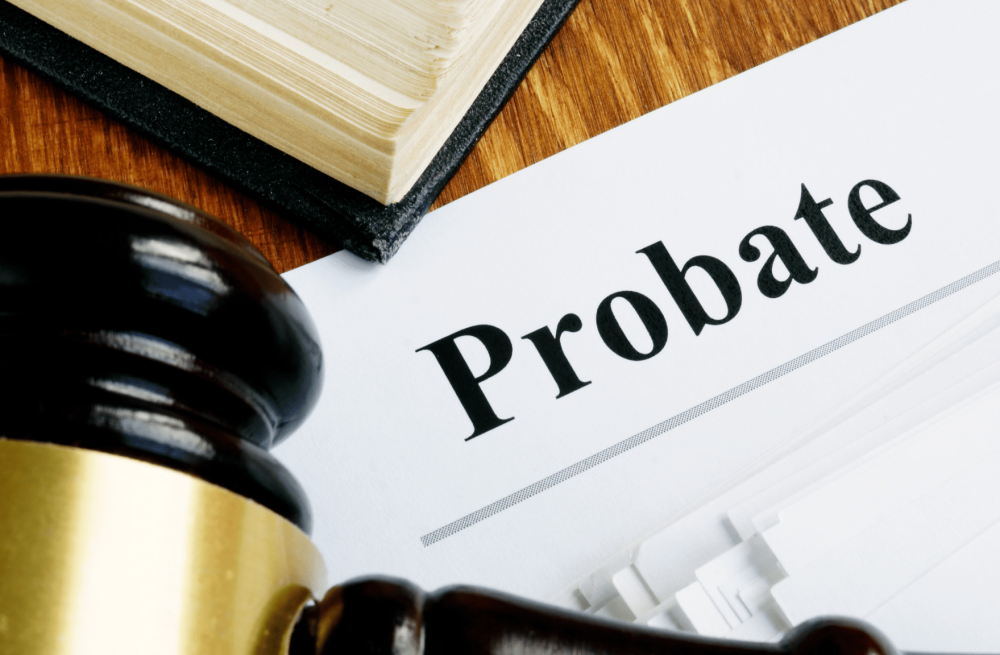You need to consider both probate assets and non-probate assets when you are making decisions about your estate planning and who your beneficiaries will be. Similarly, if you are trying to account for all of a decedent's assets as an administrator or executor, you will need to know the difference between probate assets and non-probate assets as your duties with respect to each type are different.
What is Probate?
Generally speaking, probate is the process of validating the authenticity and legality of a last will and testament. The Surrogate must make sure the will is an authentic original document that comports with certain legal requirements such as having the signatures of two witnesses. This process helps to ensure that the estate and its assets are properly administered.
Which Assets are Probated?
The assets that must go through the probate process are any assets that do not have an attached beneficiary. They must also be solely in the testator’s name. For example, any bank accounts, investment accounts, or real property owned solely by the testator must be probated upon the testator’s death. These assets will go through the surrogate’s court and then be distributed according to the will. If there is no will, the assets will be distributed to the next of kin according to New Jersey's intestacy law.
Which Assets are Not Probated?
Non-probate assets include anything with a designated beneficiary or assets that are jointly owned. In the case where assets are jointly owned, upon the death of the testator, the assets will immediately go to the surviving owner. This includes joint bank accounts and real property held as joint tenants. Additionally, if the assets have a beneficiary designation, such as a life insurance policy or other assets with a payable-on-death designation, they will go directly to that beneficiary without any concern for the contents of the will.
What are the Benefits of Non-Probate Assets?
While you likely can’t avoid probate altogether, the more non-probate assets you have, the faster the probate process will be. Because non-probate assets transfer directly to their beneficiaries, this lessens the burden on the executor as well. Living trusts are an example of non-probate assets that have a lot of benefits. These help to avoid probate, especially in more complex circumstances such as where a testator owns real property in more than one state. It should be noted that it’s possible for traditionally non-probate assets, such as life insurance, to become probate assets if a beneficiary is not designated. If there is no beneficiary to a life insurance policy, the benefits will go to the estate and must be administered with the other probate assets.
What are the Benefits of Probate Assets?
The good news is that the probate process is typically a relatively quick and simple process in New Jersey. It is generally inexpensive, too. The probate process is generally unavoidable, but New Jersey does offer a simplified probate process for certain smaller estates where there is no will left by the decedent.

